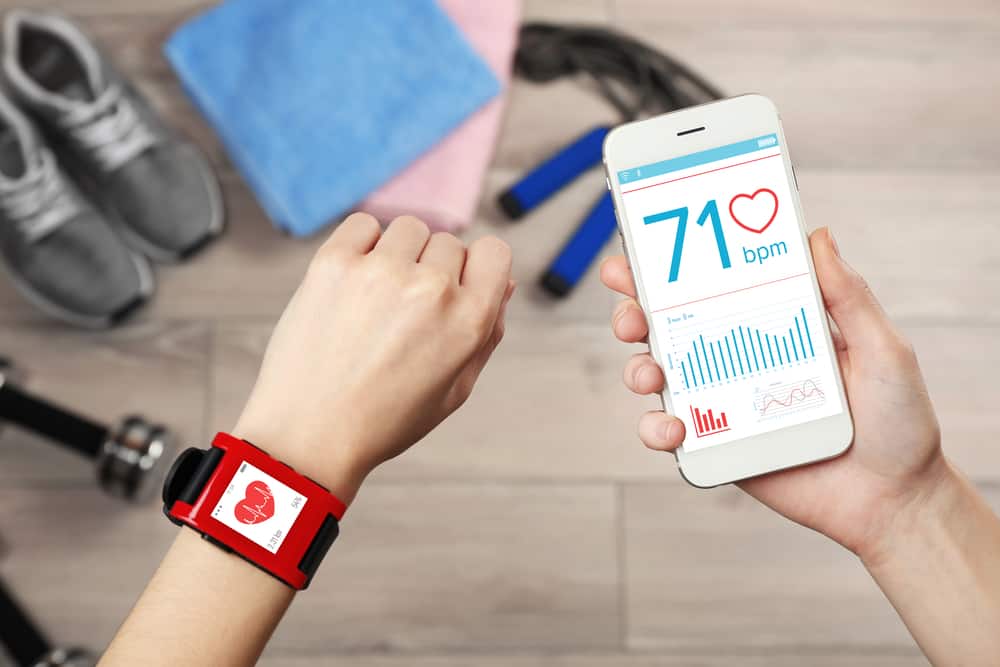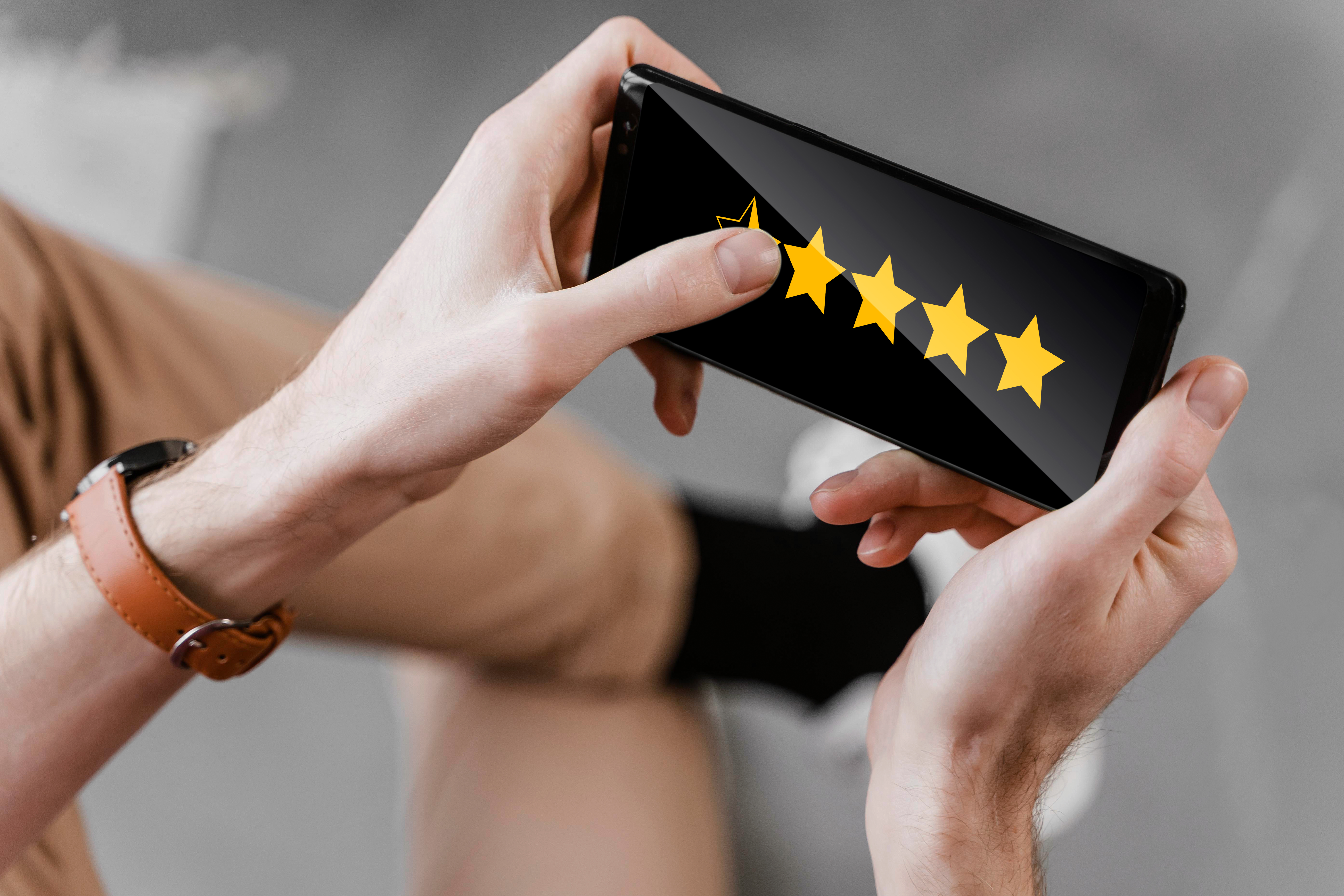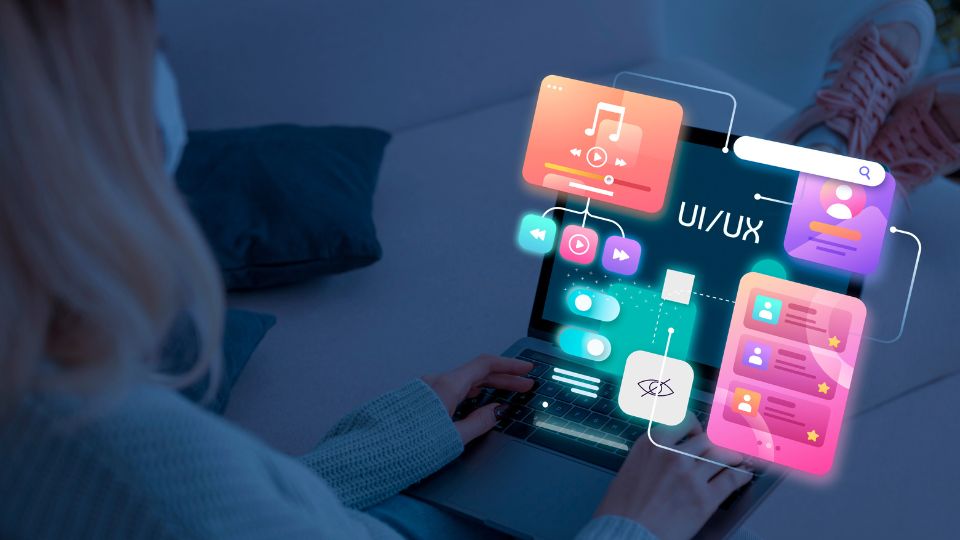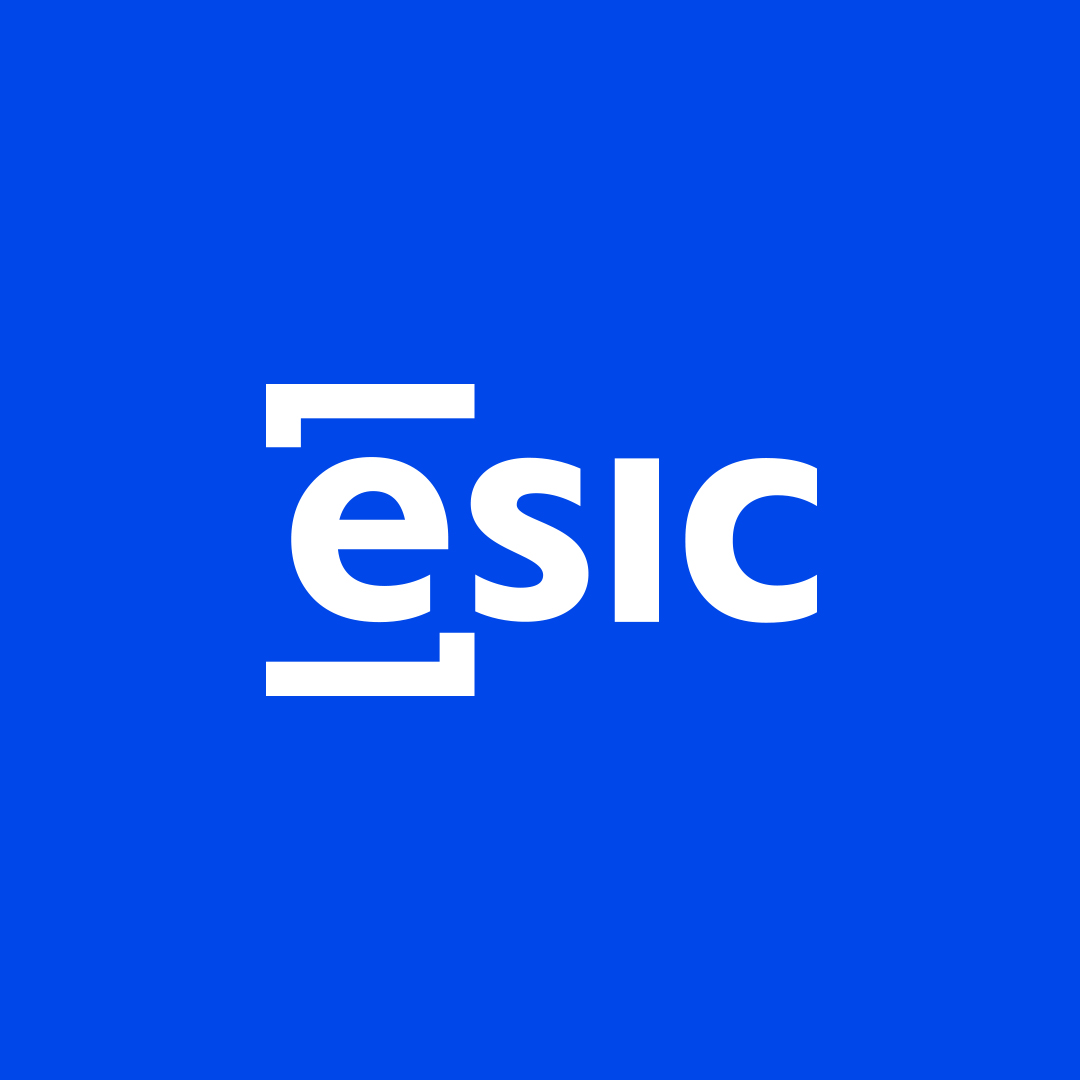
Health Apps: The control of your health in the palm of your hand
Marketing and Communication | Article-
Visit1875
- Febrero 2019
- Date of publication
- Febrero 2019
- Marketing and Communication
- Article
How many downloads does your health app have?
In the beginning, all of us who have been involved in the creation and launch of a health app were content if we achieved a high number of downloads.
However, we soon realized that the right metric was not the number of downloads, but the number of sessions. the right metric was not the number of downloads, but the number of unique user sessions. of unique users.
The fact that your app icon is on the desktop of a customer's device is good news, but what's really relevant is that the user actually what is really relevant is that the user clicks on the icon as often as possible..
That will reveal that that using your app is of value to them.
Why is it so difficult to get a health app to be used on a recurring basis by a user/patient?
In my opinion there are 3 reasons why health apps are not convincing:
The first is an issue of managing user expectations. What can a health app do for a user/patient and how easy is it to do it?
It can be a reminder for taking medications (digital pillbox). This can be very beneficial for therapeutic adherence.
It may help the patient to collect certain records that help to understand how controlled the disease is. In addition, this information can be shared with the physician at the next visit.
It can help in self-diagnosis - e.g., moles that I scan and the app recommends me to visit a specialist.
It can help solve health questions - you can ask a question and they throw the answer at you quickly.
It can help to geo-localize, communicate with your doctor...
As soon as the user has any difficulty in its installation, configuration or functioning the app will be uninstalled from the mobile device as quickly as it was installed.
Sometimes it also happens that the app stops having updates or the initiative has ceased to be interesting for those who launched it. for whoever launched it. This causes frustration for the user.
Health apps: How to manage the data generated?
The second is the ownership and processing of the data Who actually owns the health data that is recorded?
Sometimes the data is stored on the user's mobile device, so it is clearly owned by the user, but What happens when the data is stored in the cloud? To what extent can it be considered part of the patient's medical record and be outside their referring hospital? What treatment can be given to that data, and by whom?
We are at a time when everyone is talking about the interest and the advantages of Big Data and its importance in terms of disease prevention and early diagnosis.
It is undoubtedly an interesting topic on which we must continue to work to achieve legal clarity. We need to continue working to have legal clarity on how to do things legally. on how to do things legally.
Health Apps: The Need for Integration
The third, last and most important for me is that the real value of health apps will come when they are 100% integrated into healthcare systems. the real value of health apps will come when they are 100% integrated into healthcare systems.
While it is true that health apps can help patients in many different ways, the real differentiator will come when doctors prescribe health apps, the real differentiator will come when doctors prescribe apps as part of treatment. as part of the treatment.
This must be accompanied by solid integration:
- The data must be automatically stored on the hospital server as part of the medical record.
- Alerts and records should go directly to the physician without the need for the patient to go to the physician's screen.
- We must be able to help the patient in a comprehensive way by managing one or several pathologies, in one or several hospitals (public / private).
Let's be clear that the patient is just that, a patient, and we cannot offload on their skills, interest and perseverance the responsibility for the success of our apps.
Do you want to learn how to apply digital marketing successfully in the healthcare area? Get trained with the Advanced Online Program in Healthcare Digital Marketing of ICEMD. Find all the information and registration, here.
You may also be interested in

Customer success: definition and how to implement it
In today's business environment, where competition is fierce and customer expectations continue to grow, customer success has become a key element in ensuring the success of a company's business.
- Published by _ESIC Business & Marketing School

What is the Ishikawa diagram and how to do it. Examples
How many times have we tried to solve a problem by patching it up, without going deep into the real cause, into the root of the problem? There are many companies that, when faced with crises or problems, try to...
- Published by _ESIC Business & Marketing School

JavaScript: what it is, what it is used for and examples
Undoubtedly, JavaScript is one of the most widely used programming languages worldwide. In fact, as early as 2021 it was being used by 14 million programmers according to Genbeta. The trend has been increasing...
- Published by _ESIC Business & Marketing School

